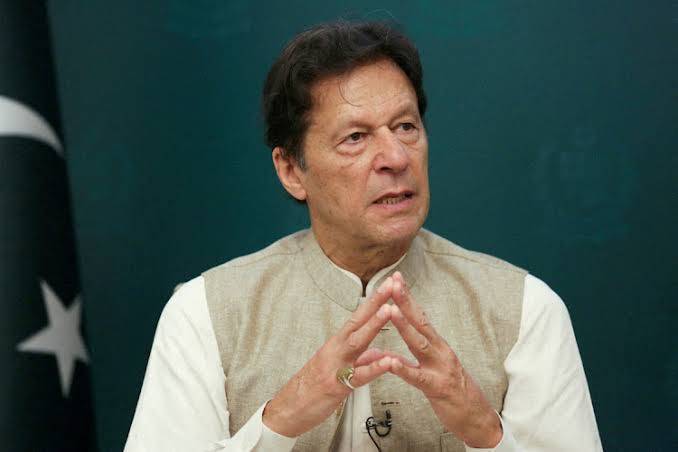Chairman PTI files petition to Supreme Court
Shares

In Islamabad, on Saturday, Pakistan Tehreek-e-Insaf (PTI) chairman and former prime minister challenged recent amendments to the Official Secrets Act and Pakistan Army Act in the Supreme Court.
The PTI Chairman, Imran Khan, filed a petition through his advocate Shohaib Shaheen in the apex court. This petition challenges the recent amendments to the Army Act 1952 under Article 184 of the Constitution of Pakistan. One of the main arguments presented in the petition is that these new clauses infringe upon human rights. Respondents named in the petition include President and PTI member Dr. Arif Alvi, the Government of Pakistan, and the National Assembly.
The petition seeks the repeal of both the Official Secrets Act and the Army Amendment Act. The petition explicitly states, "The Army Amendment Act and the Official Secrets Act were not signed by the President. The Army Amendment Act and the Official Secrets Act were contrary to Article 10A, Article 8, and Article 19."
Previously, President Arif Alvi publicly denied signing the Official Secrets (Amendment) Bill 2023 and Pakistan Army Act (Amendment) Bill 2023. He expressed his disagreement with these laws and stated that he had instructed his staff to return the bills unsigned within the specified time frame to render them ineffective. It's worth noting that both bills were passed by the parliament during the coalition government's tenure and were subsequently sent to President Alvi for ratification.
Regarding the Army Act, the bill outlines severe penalties of up to five years for the unauthorized disclosure of information related to national security, with exceptions if the disclosure is authorized by the Army Chief or an empowered officer. The bill also restricts officials subject to the law from engaging in political activities for two years following retirement, resignation, or dismissal.Additionally, it addresses electronic crimes aimed at defaming the Pakistan Army.
Concerning the Official Secrets Act, the bill emphasizes the need for amendments to ensure the safety and security of official documents in a changing social environment. It specifies offenses related to approaching prohibited places, creating materials useful to an enemy, and obtaining, collecting, or communicating secret official information. Amendments to Section 9 introduce penalties for incitement, conspiracy, and attempted offenses under this Act, including imprisonment and fines.
